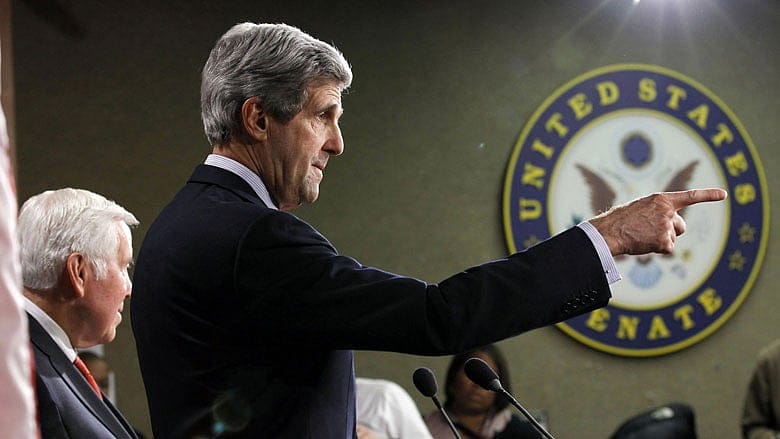Kerry heads for Europe after Brexit result administration neither wanted nor predicted

(CNSNews.com) – As the world scrambles to come to terms with British voters' decision to leave the European Union, Secretary of State John Kerry was jetting in Monday for talks with both partners in the impending divorce.
As he prepared to do so, he said in Rome on Sunday he would be stressing assurances of U.S. support both in London and in Brussels.

